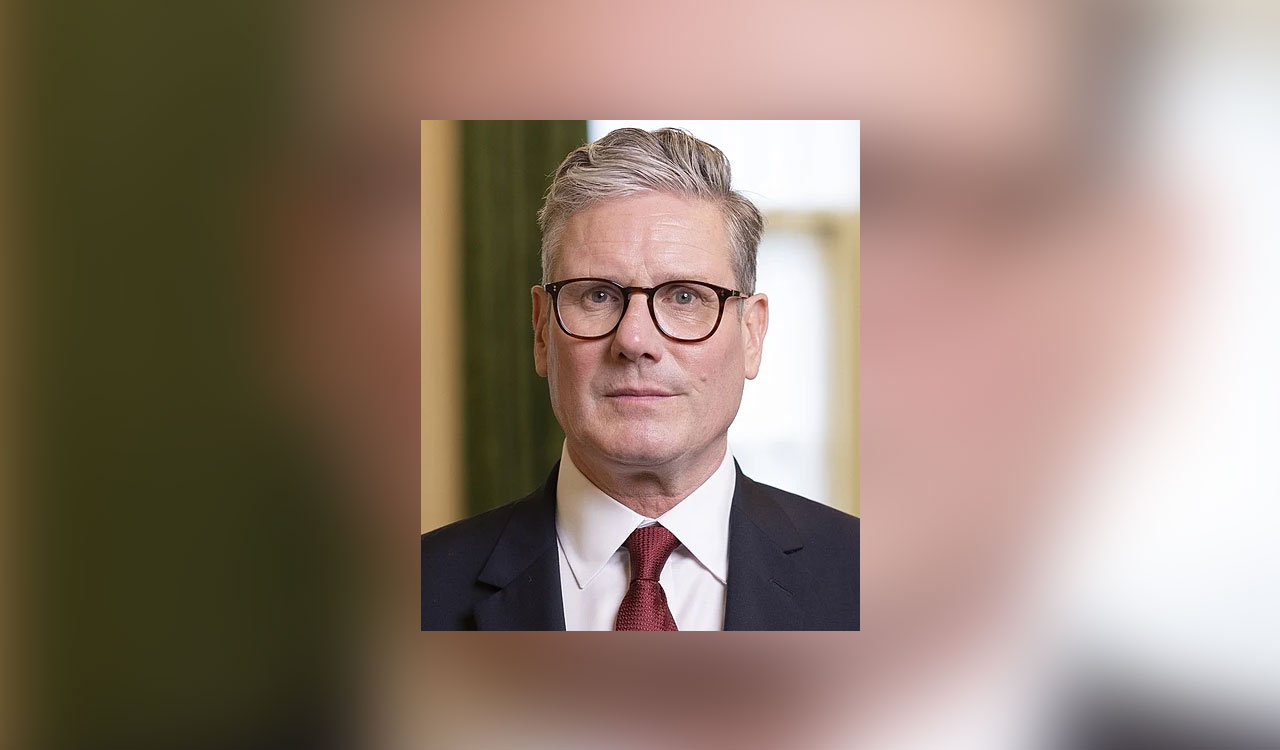Ultrasound technology could be a new home for Alzheimer’s disease and other neurological disorders
A group of researchers from University of Queensland, Queensland Brain Institute, Brisbane, Australia, have found out that ultrasound technology therapy potentially can boost cognitive function of the brain among people with Alzheimer ’s disease.

Hyderabad: Can a therapy developed by utilizing ultrasound technology restore brain function in people with Alzheimer’s disease? Imagine a future where ultrasound techniques can reverse cognitive decline among elders, who suffer from various kinds of neurodegenerative disorders. Yes, in the coming years, ultrasound technology could well pave the path for treatment of such brain diseases, which have continued to challenge medicine.
A group of researchers from University of Queensland, Queensland Brain Institute, Brisbane, Australia, have found out that ultrasound technology therapy potentially can boost cognitive function of the brain among people with Alzheimer ’s disease.
The therapeutic ultrasound technology, developed by Professor Jurgen Gotz from Queensland Brain Institute, after a decade-long study on rat models, was published in Molecular Psychiatry (Nature, March, 2024).
The first human clinical safety trial of the novel ultrasound medical device was successfully completed in 2024 by Queensland Brain Institute researcher Professor Peter Nestor and the results of the trials are expected to be published this year (2025).
The technology uses targeted pressure waves from ultrasound to activate the brain’s ability to increase neuronal signaling and clear pathological proteins that accumulate with Alzheimer’s disease.
“The therapy increases neuronal signaling and thereby restores memory and cognition by enhancing communication between brain cells. The therapy also targets and clears and builds-up of the proteins toxic amyloid and tau by activating the brain’s intrinsic clearance mechanism,” Professor Gotz, has been quoted in the University of Queensland website.
In December, 2024, the ultrasound technology developed by the researcher was licensed to a new start-up, spun out of the University of Queensland. The therapeutic ultrasound technology developed by Prof Gotz will be progressed towards clinical use by startup Ceretas, with the company aiming to validate the system to treat Alzheimer’s and other neurodegenerative diseases, the Queensland University website said.
Therapeutic ultrasound offers a non-invasive way of enhancing cognition. The treatment could also potentially be personalized across multiple neurological disorders including frontotemporal dementia, amyotrophic lateral sclerosis (ALS), disorders caused by brain tumours and mental disorders,” Prof Gotz has been quoted.
For more details on this cutting edge research: Visit https://www.uq.edu.au/news/node/136556.
Related News
-
Indian cricket men team to tour Australia for white-ball games in 2025/26 season, women to play all-format series
-
From Sahaswan to Australia: Dr. Akram Ahmad’s Journey to Empower Global Healthcare – Watch Now on JioHotstar!
-
India remains high-growth real estate market in APAC amid resilient economy
-
British PM Keir Starmer stresses commitment to Ukraine peace
-
Arrangements underway for BRS silver jubilee celebrations, public meeting on April 27
5 mins ago -
Congress MP Karthi Chidambaram comments on Hyderabad University issue
20 mins ago -
Raashii Khanna dons a chef’s hat as she cooks Dal Chilla on set
37 mins ago -
Hyderabad: Lack of urinal dividers at Inorbit Mall sparks debate on privacy, hygiene
50 mins ago -
Prajakta Koli: I have a thing for brown eyes and dimples
1 hour ago -
Woman gang-raped near temple in Nagarkurnool; police nab six of eight accused
1 hour ago -
Kapil Sharma’s ‘Kis Kisko Pyaar Karoon 2’ first look hints at chaotic bride-groom story
1 hour ago -
UoH students continue protest, demand release of detained peers and halt to Kancha Gachibowli land auction
1 hour ago




